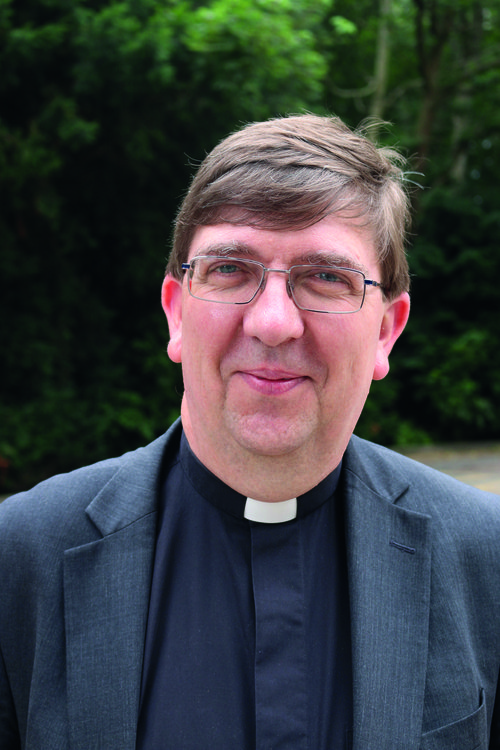A Day of Prayer and Action
20 March 2020
20 March 2020
 By the Revd Dr Jonathan Hustler, Secretary of the Conference
By the Revd Dr Jonathan Hustler, Secretary of the Conference
I came out of Methodist Church House on Thursday evening leaving only one or two of my colleagues in the building and not knowing when I will return there as we had made the decision to close MCH and to ask all staff to work from home until further notice. It was a cold, dark, drizzly evening; were it fiction, students would point to the ‘pathetic fallacy’ as the weather seemed to reflect the almost palpable gloom and despondency on the peculiarly quiet London streets.
It is not surprising that few people were smiling. There is a great deal of anxiety to be felt – about the risks of catching the virus, about those who are particularly vulnerable, about the economic consequences, about further restrictions on movement. Some people are concerned about their jobs or their businesses; some are struggling to balance their responsibilities whilst the schools are closed; some are worried about whether or not there will be food in the shops. And the anxiety is heightened because nobody knows how long this unprecedented situation will last.
As well as being kept as Mothering Sunday, the fourth in Lent is known as ‘Refreshment Sunday’, apparently because it has traditionally been a day when the restrictions of Lenten fasting are relaxed. In a time of solemnity and penance, Refreshment Sunday lifts the mood. This Refreshment Sunday, when almost all churches will be closed, is the day that the Churches have designated as a Day of National Prayer and Action: all people of faith are invited symbolically to come together to hold the country and the world before God. See www.cte.org.uk for further details.
As part of the Day of Prayer and Action, we are invited at 7pm to light a candle in a window. A candle is only a small thing but it is a powerful sign. A candle proclaims hope in the midst of anxiety. It reminds us that even when we are ‘socially distanced’ our faith in God unites us. It points us through fear and gloom to the joy of the resurrection. It represents Christ, the light of the world.
The small sign of a candle can also be a prompt to other small signs: the telephone call to ensure that a friend or neighbour who is self-isolating has all they need; the gift from sparsely populated supermarket shelves into the foodbank basket; the smile or word of encouragement for those who have been classed as ‘key workers’. Like the candle flame, those small actions can be signs of the presence of the living Christ among us.
Some words of Jongi Zihle, London District Chair, which you might want to use as you light a candle on Sunday:
As we move from anxiety to questioning,
May we never be despondent or desperate,
For Christ’s power is presenting,
Embracing and releasing fervent hope
Which present terrors can never dispel.